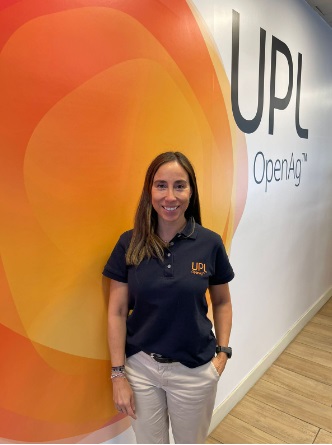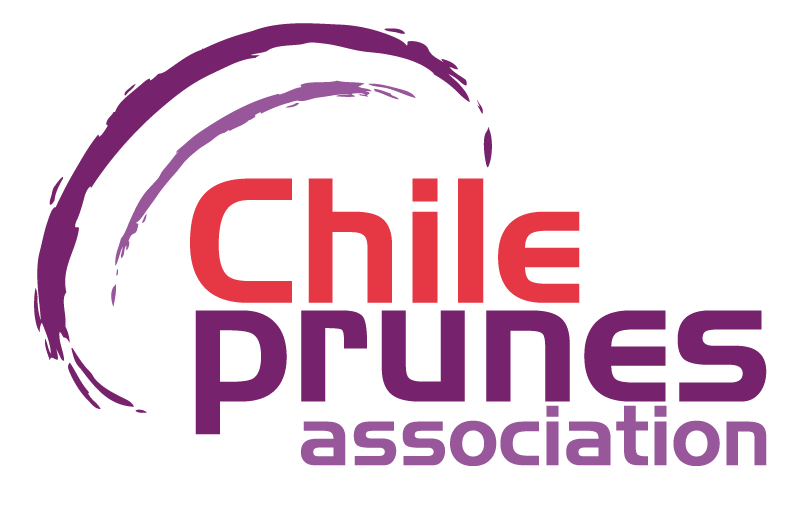For many years, UPL Ltd., a company of Indian origin, has been clear about its orientation both globally and in Chile: to continue supporting producers with low-waste solutions.
This is expressed by the agricultural engineer, Fernanda Illanes, Fruit Crop Leader at UPL, who reinforces that, for this, the company has a line of products, Natural Plant Protection (NPP), which includes all those solutions that allow the farmer to produce in a sustainable”.
Indeed, UPL is a global provider of agricultural products and solutions, being one of the top five crop protection companies in the world. It has a broad portfolio of biological products and traditional solutions, with more than 13,600 registrations, many of which have been with us in Chile for decades.
This firm, which has an office in Santiago, and is led by its general manager, Cristian Konekamp, has been present throughout the country for many years, previously as Arysta, and is one of the leaders in the cultivation of stone fruits. “We have a high participation in this market, since we have a robust portfolio that covers all the needs of this crop: herbicides, fungicides -such as copper-, insecticides and pheromones, among others,” adds Fernanda Illanes.
The expert reinforces the issue of technical assistance provided to producers. “We work by listening to their needs and, based on that, we see what is the best solution we can suggest. We offer innovative solutions, which are followed and evaluated jointly.”
The technical assistance program is also supported by our PDA (Advisor Program), which is made up of consultants specializing in various agricultural crops, nutrition, entomology and phytopathology, among others, and is a service available to all our clients.
Featured Products
Within the specific portfolio for pits, the firm has several products that stand out, such as Fascinate 150 SL and Nordox Super 75 WG.
In times when weeds are complicating the agricultural sector, especially those that are difficult to control like Conyza, Fascinate 150 SL can be a good solution. It is a contact and broad-spectrum herbicide for the non-selective control of annual, grass and broadleaf weeds in fruit crops, berries, vines, corn, among others.
On the other hand, Nordox Super 75 WG is the leader in the agricultural copper market. It is a broad-spectrum, contact and preventive bactericidal fungicide, with an ideal particle size that allows good distribution and provides high retention and resistance to rain washing, being considered superior to other forms of copper, which optimizes (or improves ) its residuality, providing greater efficiency in the prevention and control of diseases. It is used for various crops such as plum, almond, blueberry and cherry, among others.
Postharvest support
Among its clients are not only hundreds of agricultural producers, but also all those who have to do with post-harvest management, which is represented by the renowned Decco brand, which provides important support to its clients. “We try to participate in assisting the entire production chain,” she says.
The orchard can deliver an excellent quality harvest, but if each of the points of protection, covering, cold, packaging and transportation are not managed, the result can be disappointing. In that sense, contributing to each of the post-harvest stages is part of the brand’s value proposition, minimizing risks and offering technologies and services, according to the needs of each client.
As goals for 2024, UPL in Chile hopes, in terms of growth, to be positioned within the three main phytosanitary protection companies. “Our goal is to always continue supporting both producers and the industry, with solutions that allow production based on market demands and, above all, with a lower environmental impact,” he adds.
UPL Ltd, worldwide, is present in more than 130 countries, reaching more than 90% of the world’s food basket. Over the past 50 years of global expansion and growth, from their roots in Mumbai, India, they work with small farmers, factory farms and cooperatives around the world to address the most pressing challenges facing agricultural production today.
Its purpose is to transform global food chains, empower producers, make agricultural practices more sustainable and ensure that consumers have safe, healthy and nutritious food.



